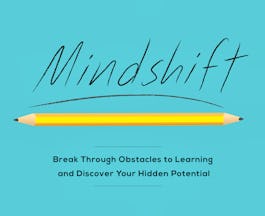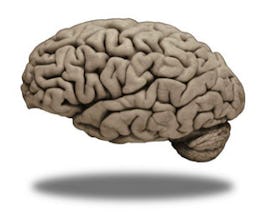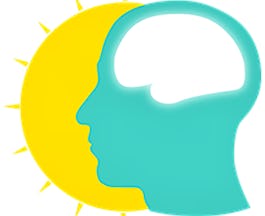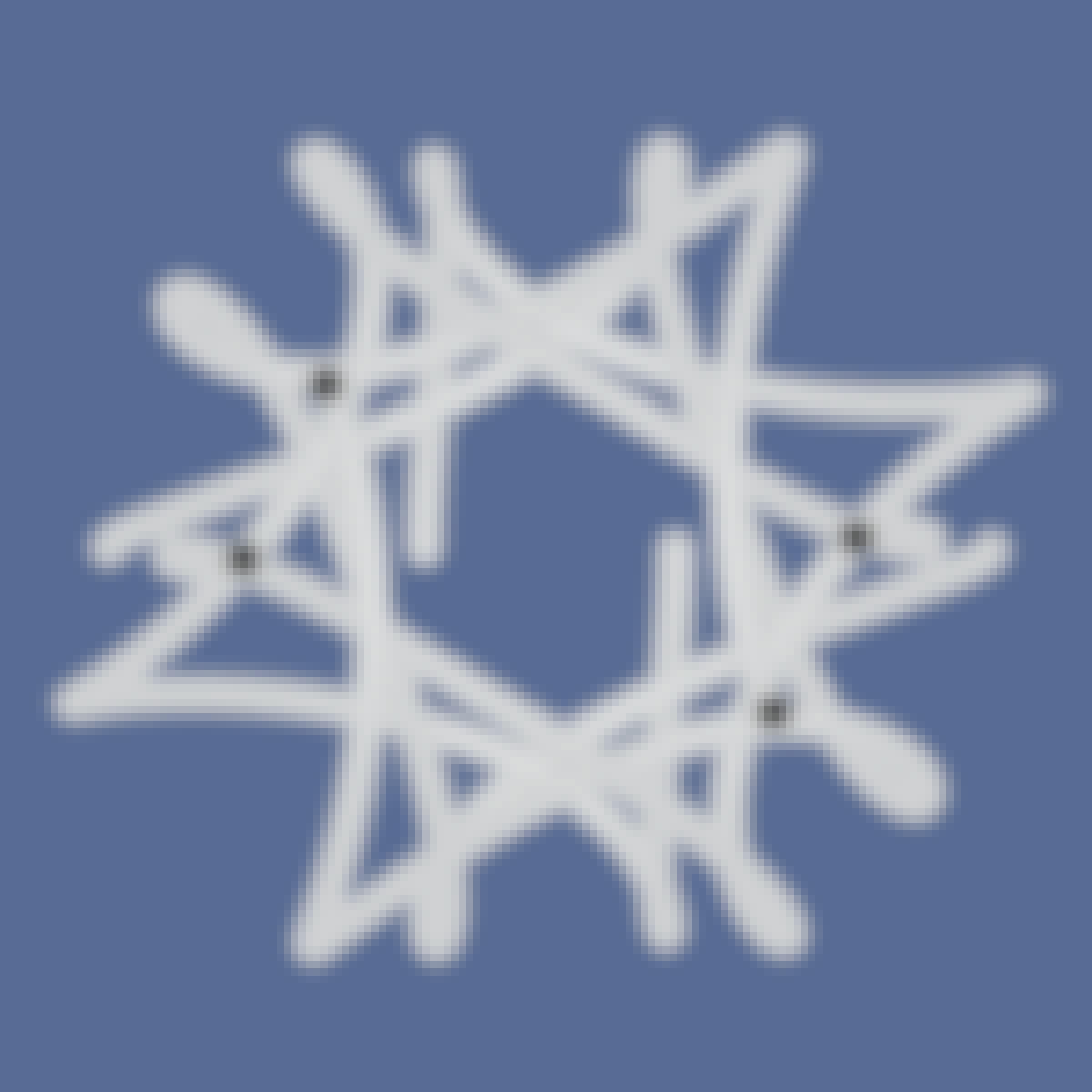Filter by
The language used throughout the course, in both instruction and assessments.
Choose the Cognitive Science Course That Aligns Best With Your Educational Goals
 Status: Free
Status: FreeThe University of Edinburgh
 Status: Free
Status: FreeYale University
Skills you'll gain: Critical Thinking
 Status: Free
Status: Free Status: Free
Status: FreeCopenhagen Business School
Skills you'll gain: Business Psychology, Market Research, Marketing, Behavioral Economics, Customer Analysis, Decision Making, People Analysis, Experiment, Influencing, Marketing Psychology
 Status: Free
Status: FreeDuke University
Skills you'll gain: Health
 Status: Free
Status: FreeDeep Teaching Solutions
Skills you'll gain: Adaptability
 Status: Free
Status: FreeStanford University
Skills you'll gain: Critical Thinking, Mathematical Theory & Analysis, Mathematics, Problem Solving, Computational Logic, Algebra, Applied Mathematics, Data Analysis, Creativity, Probability & Statistics
 Status: Free
Status: FreeUtrecht University
Skills you'll gain: Critical Thinking

Skills you'll gain: Algorithms, Applied Machine Learning, Artificial Neural Networks, Computer Vision, Deep Learning, Human Learning, Machine Learning, Machine Learning Algorithms, Machine Learning Software, Data Analysis, Natural Language Processing, Data Science
 Status: Free
Status: FreeStanford University
Skills you'll gain: Decision Making, Game Theory, General Statistics, Problem Solving, Critical Thinking, Mathematical Theory & Analysis
 Status: Free
Status: FreePrinceton University
Skills you'll gain: Computer Programming, Java Programming, Programming Principles, Computational Thinking, Algorithms, Computational Logic, Theoretical Computer Science, Critical Thinking, Mathematical Theory & Analysis, Problem Solving, Computer Science
 Status: Free
Status: FreeHebrew University of Jerusalem
Searches related to cognitive science
In summary, here are 10 of our most popular cognitive science courses
- Philosophy and the Sciences: Introduction to the Philosophy of Cognitive Sciences: The University of Edinburgh
- Introduction to Psychology : Yale University
- Mindshift: Break Through Obstacles to Learning and Discover Your Hidden Potential: McMaster University
- An Introduction to Consumer Neuroscience & Neuromarketing : Copenhagen Business School
- Medical Neuroscience: Duke University
- Learning How to Learn: Powerful mental tools to help you master tough subjects: Deep Teaching Solutions
- Introduction to Mathematical Thinking: Stanford University
- Understanding child development: from synapse to society: Utrecht University
- Introduction to Artificial Intelligence (AI): IBM
- Game Theory: Stanford University










